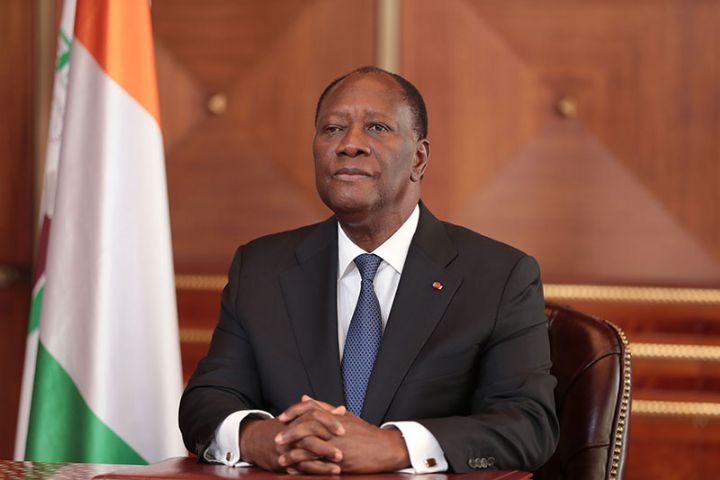Black Women Resistance: Stories of Defiance in Apartheid South Africa
Black Women Resistance: Stories of Defiance in Apartheid South Africa
During the apartheid era in South Africa, Black women were subjected to extreme racial and gender oppression. Yet, many of them refused to remain silent or confined. They used travel and activism to challenge systemic injustice, representing the power and resilience of Black Women Resistance. This article explores the stories of six influential women whose journeys embodied courage, determination, and social change.
Understanding Apartheid and Its Gendered Impact
Apartheid, instituted officially in 1948, was a system of legal racial segregation enforced by the South African government. Laws such as the Pass Laws restricted Black South Africans’ movement, limiting access to urban areas and employment opportunities. Black women experienced this oppression differently, as they also faced systemic sexism. Their lives were tightly controlled, from residency to workplace policies, making acts of resistance by women particularly impactful.
Lilian Ngoyi: Champion of Women’s Rights and Resistance
Lilian Ngoyi was the first woman elected to the executive committee of the African National Congress (ANC) in 1956. She was deeply involved in organizing protests against apartheid laws, including leading women in the historic 1956 Women’s March on Pretoria. Her travels outside South Africa provided her with perspectives on global human rights movements, which she adapted to empower Black South African women. Lilian’s life remains an iconic example of Black Women Resistance.
Fatima Meer: Scholar and Anti-Apartheid Advocate
Fatima Meer, a sociologist and activist, focused on social justice, particularly concerning racial and gender inequalities. Through her research, she highlighted the struggles of Black women in South Africa and promoted grassroots activism. Meer co-founded organizations that challenged the apartheid system, using both scholarship and mobilization to amplify voices of resistance. Her legacy is a model of how education and activism intertwine in the fight for equality.
Albertina Sisulu: Nurse, Leader, and Advocate
Albertina Sisulu was a nurse, midwife, and a tireless activist. Alongside her husband Walter Sisulu, a prominent ANC leader, she played a pivotal role in mobilizing communities against apartheid laws. Her work extended beyond healthcare; she organized protests, strikes, and educational programs to empower Black women. Albertina’s resilience and leadership exemplify the essence of Black Women Resistance, inspiring generations to continue the struggle for equality.
Winnie Madikizela-Mandela: The Mother of the Nation
Winnie Madikizela-Mandela became one of the most prominent symbols of Black Women Resistance. Even while facing imprisonment, harassment, and exile, she remained committed to the anti-apartheid struggle. Her leadership in grassroots movements and support for families affected by apartheid solidified her reputation as a formidable activist. Winnie’s life reflects how persistence and courage in the face of systemic oppression can shape national consciousness.
The Collective Role of Black Women in the Anti-Apartheid Movement
Black women were the backbone of many community-based initiatives and resistance networks. They organized marches, boycotts, and underground education programs to challenge apartheid laws. Their activism often intersected with labor movements, healthcare advocacy, and political campaigns. These collective efforts reinforced the power of solidarity and highlighted the critical contribution of women to the broader struggle. Their stories continue to exemplify the strength of Black Women Resistance.
Impact of International Travel on Resistance Strategies
For many Black women activists, international travel was more than a journey; it was a form of political education and networking. By attending conferences, meeting with global leaders, and observing other liberation movements, these women gained insights that shaped local strategies against apartheid. Such exposure allowed them to adapt international tactics to the South African context, strengthening their campaigns and amplifying the global visibility of Black Women Resistance.
Education and Empowerment as Tools of Resistance
Education became a cornerstone of resistance for Black women. By establishing informal schools, literacy programs, and political study groups, they empowered communities to question systemic oppression. Leaders like Fatima Meer and Albertina Sisulu emphasized knowledge as a form of liberation. Their efforts ensured that resistance was not only physical but also intellectual, creating informed citizens capable of challenging apartheid structures.
International Solidarity and Global Awareness
The struggle of Black women in South Africa gained international attention through solidarity networks, media coverage, and global activism campaigns. Organizations and individuals from Europe, North America, and other parts of Africa supported the anti-apartheid movement by raising awareness, applying political pressure, and providing resources. This international attention amplified the efforts of Black Women Resistance, showing that local actions could resonate on a global scale.
Documenting Resistance Through Media and Literature
The stories of Black Women Resistance were preserved and shared through various forms of media, including newspapers, journals, biographies, and oral histories. Authors like Fatima Meer and journalists in South Africa chronicled the bravery and activism of women who refused to remain silent. These records have become essential resources for understanding the multi-layered strategies employed by women to resist apartheid.
Challenges Faced by Women Activists
Despite their courage, Black women activists faced immense challenges, including imprisonment, harassment, surveillance, and family separation. The apartheid regime used intimidation tactics to suppress their efforts. Nevertheless, these women persevered, highlighting the extraordinary resilience that defines Black Women Resistance. Their ability to sustain activism under extreme oppression remains a powerful testament to human endurance.
Legacy and Continuing Influence
The legacy of Black Women Resistance continues to inspire modern social justice movements in South Africa and globally. Today, women leaders draw lessons from past activism, using both grassroots organization and digital platforms to challenge systemic inequalities. By remembering and honoring these historical figures, society reinforces the value of courage, leadership, and solidarity.
Conclusion
The stories of these courageous women illustrate the immense power of Black Women Resistance in shaping South Africa’s history. Through travel, education, activism, and international collaboration, they challenged one of the most oppressive systems in modern history. Their collective efforts not only contributed to the downfall of apartheid but also laid the foundation for ongoing struggles for gender equality and racial justice. The legacy of their resistance serves as a reminder that determined individuals can indeed drive transformative social change.
For further reading on the subject, you can explore this detailed analysis: Activist travel and decolonial worldmaking
For more news, click here.




